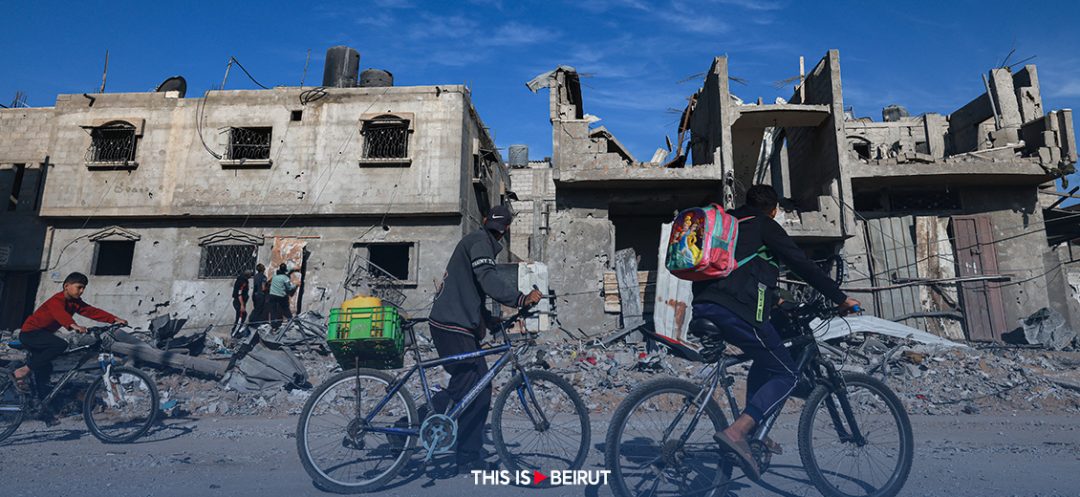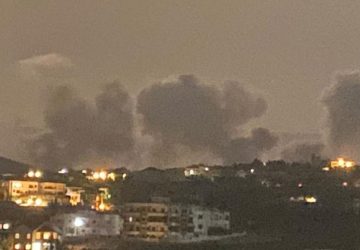Israel denied on Monday, December 4, any intention to forcibly displace Palestinian civilians permanently from their homes in Gaza, despite challenging conditions. Currently, 1.8 million people (75 percent of Gaza’s population) have been displaced, with most seeking refuge in overcrowded and unsanitary shelters.
Israel said Monday it was not seeking to force Palestinian civilians to permanently leave their homes, even as it acknowledged conditions in the besieged Gaza Strip were “tough”.
Any suggestion of Palestinian dispersal is highly contentious in the Arab world as the war that led to Israel’s creation 75 years ago gave rise to the exodus or forced displacement of 760,000 Palestinians, an event known as the Nakba, or “catastrophe”.
Since the collapse last week of a truce that allowed for the release of dozens of Israeli and other hostages in exchange for Palestinian prisoners, Israel has expanded its offensive in Gaza.
In its latest estimate, OCHA (UN Office for the Coordination of Humanitarian Affairs) said around 1.8 million people in Gaza, roughly 75 percent of the population, had been displaced, many to overcrowded and unsanitary shelters.
Speaking to reporters on Monday, Israeli military spokesman Jonathan Conricus said: “We are not trying to displace anyone, we are not trying to move anybody from anywhere permanently.”
“We have asked civilians to evacuate the battlefield, and we have provided a designated humanitarian zone inside the Gaza Strip,” he said, referring to a tiny coastal area of the territory named Al-Mawasi, as he acknowledged the situation in Gaza was “tough”.
“We are perfectly aware that there is limited space and limited access and that is why it is so important to have the buy-in and support of international humanitarian organizations to help with the infrastructure in the Al-Mawasi area,” he added.
As Israel expanded its operations, United Nations High Commissioner for Human Rights Volker Turk on the weekend voiced alarm that hundreds of thousands of Gazians were “being confined into ever smaller areas” in the south of the territory. “There is no safe place in Gaza,” he said.
Earlier in the war, Israel’s neighbor and treaty partner Jordan expressed concern that the violence might trigger a wave of displacement spilling into its borders.
Likewise, Egypt—which shares a border with Gaza and also signed a peace deal with Israel—has rejected the idea of a mass movement of Palestinians into its territory.
US Secretary of State Antony Blinken has said that “people should be able to stay in Gaza, their home.”
Miroslava Salazar, with AFP






